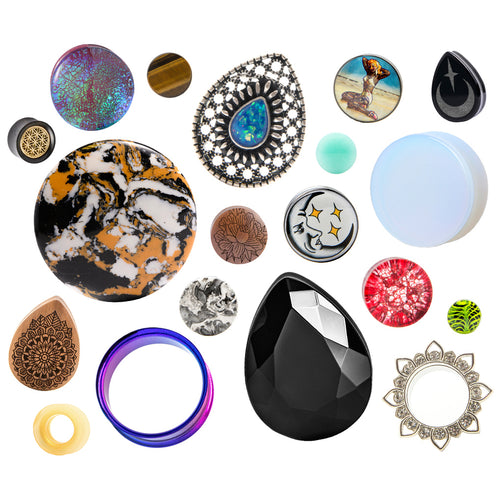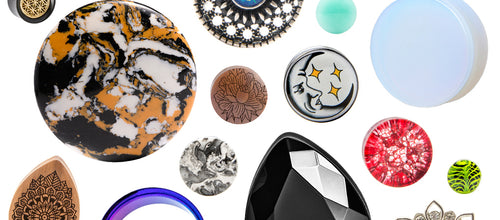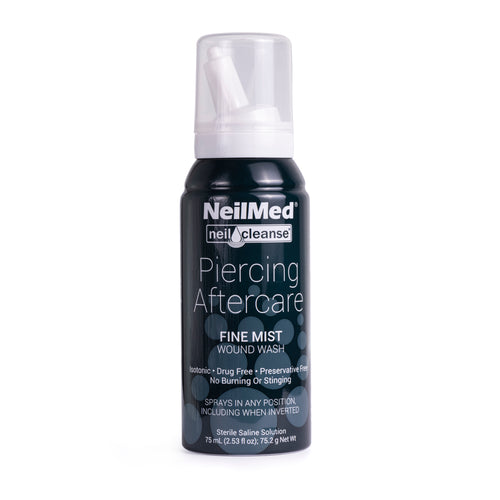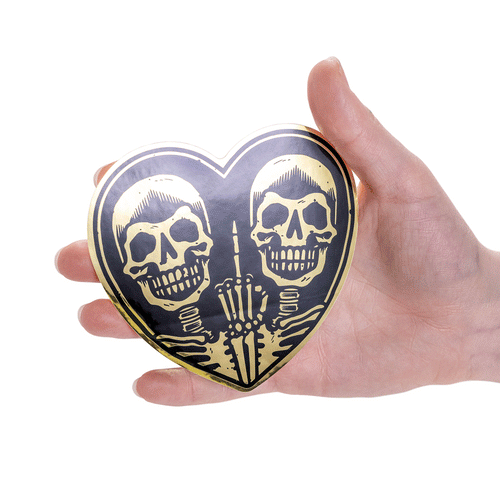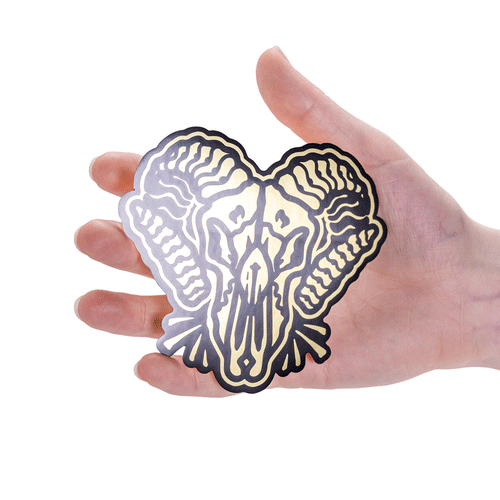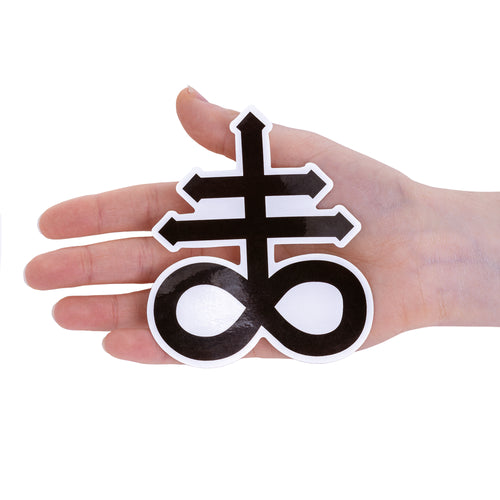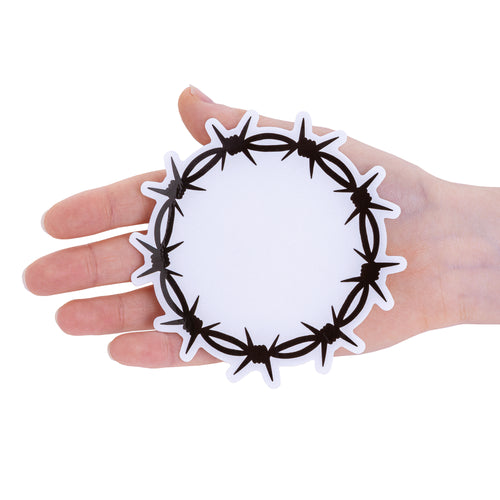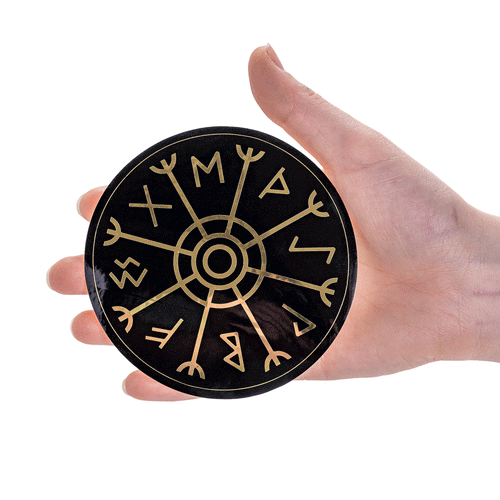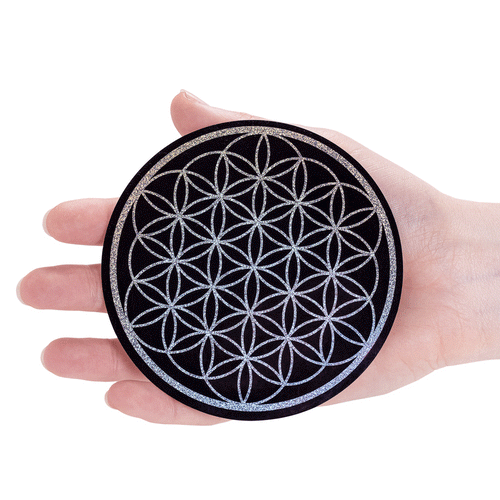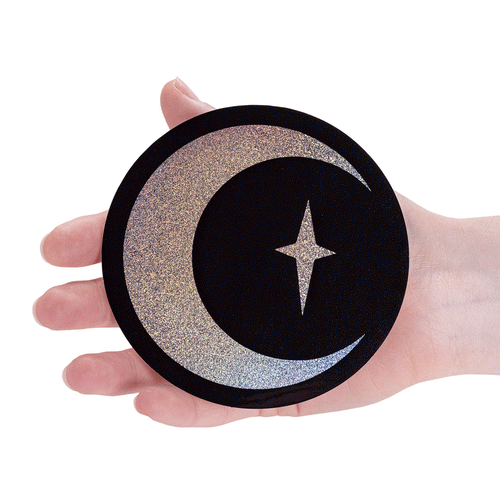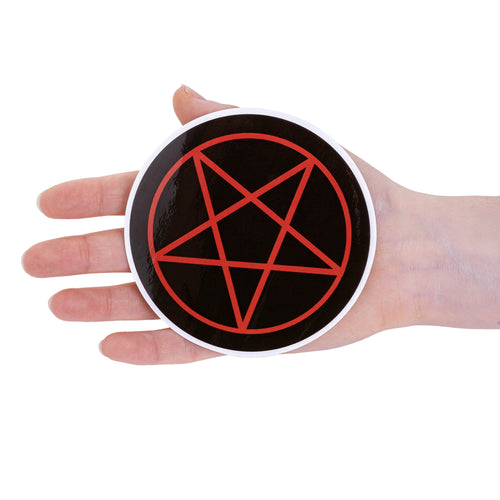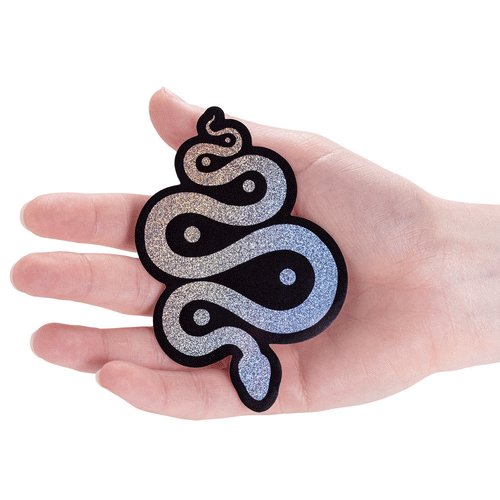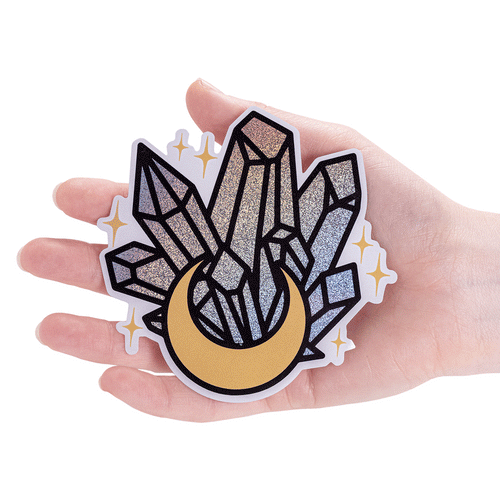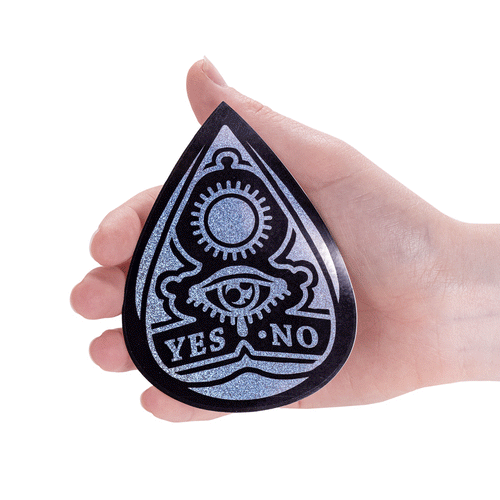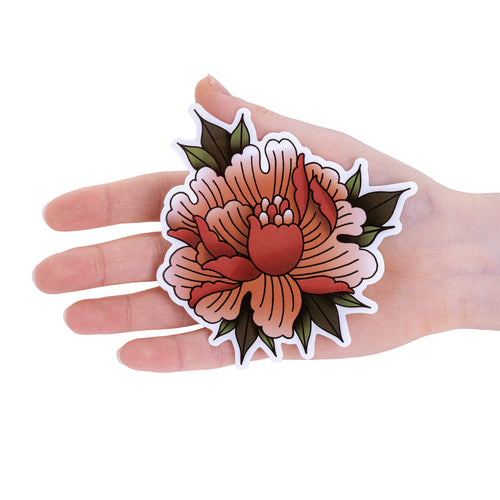How to Clean Ear Stretchers - Ear Gauges / Tunnels / Plugs
Caring for your plugs, tunnels, and gauges is not only crucial to your earlobe’s health but also helps extend the life of your jewellery. However, because of the various different materials and shapes, the care of them differs a lot!
What is great for some, can seriously destroy others (never soak wooden plugs...ever) so we have prepared a guide on how to clean your various plugs, tunnels, and gauges to make them last as long as possible, as well as avoid infection.
Cleaning Wooden Plugs / Gauges / Tunnels
We’ve already mentioned the number one rule for wooden plugs, and that is not to submerge them in water or treat them with soap.
Submerging them, or generally exposing them to a lot of water can degrade them and make certain types of wood plug swell. Also, because wood is particularly porous as an organic material, treating it with soap is a no go because it soaks into the wood and damages it.
Wooden plugs are commonly made from crocodile wood, saba wood, sono wood, or teak, but even the harder woods should be removed before showering or swimming.
To clean them, use a damp cloth and let them air dry. After they are dry you should rub jojoba oil into the wood to avoid them becoming dry and cracking (which also makes them dangerous to wear.) Just ensure they are fully dry before doing this.
Cleaning Bone and Horn Plugs / Gauges / Tunnels
Bone and horn gauges and plugs tend to change color as you wear them in the same manner as wood does. While similar in weight to wood plugs and tunnels, they require a different care routine.
You’ll still need to avoid submerging them in water as they can still swell, but you can use damp cloth and antibacterial soap to clean them. After drying them, they will need to be polished with oil. We recommend jojoba oil or tea tree for this, as it really brings out the shine and helps them last longer.
Tip: use a soft fine cloth for polishing your organic plugs which will help your oil go further and get into the natural grooves of your jewellery more easily.
Cleaning Stone Plugs / Gauges / Tunnels
Of all the natural materials used to make plugs and tunnels, stone is one of the easiest to maintain. They are often fairly water resistant so can stand a lot more washing with some antibacterial soap than its other counterparts.
For stone plugs and gauges, you could also use a really fine soft bristled brush along with lukewarm water if they have a cutout or any grooves you might need to get in to. Just make sure you fully dry them before putting them back in your ears.
Cleaning Synthetic Stone Plugs / Gauges / Tunnels
The only difference between synthetic and natural stones when it comes to plugs and tunnels is in the way they are created. Natural stones, as the name suggests, grow in nature, while synthetic are human-made and grown in specially designed labs.
So for synthetic stone plugs and tunnels, the same rules apply as for natural stones. Clean them with lukewarm water and antibacterial soap and dry well after.
Tip: If you find your stone plugs are starting to dull, use a bit of jojoba oil to bring the shine back to life. They don’t need a lot or very often compared to other organic materials but it can definitely help prolong them.
Cleaning Glass Plugs / Gauges / Tunnels
Glass plugs, glass gauges, and glass tunnels look great and their designs are often out of this world! Glass care is also pretty easy. You just need some antibacterial soap and tap water. Clean them under running water, lather up, rinse well, and dry them immediately with a towel or paper towel.

We recommend you use warm (not hot!) water to clean them, as it will help clear out any sebum and skin that might have accumulated on the plugs that sit on the surface. It can be particularly difficult to see with glass or really shiny materials so it’s worth running your hands over the surface to feel any ‘grainy’ areas.
NOTE: Do not use domestic or eyeglass ‘glass cleaner’ for your glass ear plugs. These often have a lot of chemicals in them that leave a residue behind that will irritate stretched ears and potentially lead to chemical burns. Particularly if your ears are still healing.
Cleaning Acrylic Plugs / Gauges / Tunnels
Acrylic plugs are made of a synthetic material that looks awesome, and you can get it in tons of different designs, but not many people realise it is quite porous so you have to make sure you clean them thoroughly as they have a tendency to build up skin cells and bacteria.
Avoid using harsh chemicals and really hot water with acrylic as it can warp them or cause them to crack which makes them unsafe to wear. Instead lightly wash with an antibacterial soap and a soft fine cloth. You can use the same method that you do with glass to run your fingers over the edges and make sure everything has been removed before drying and wearing them again.
Cleaning Metal Plugs / Gauges / Tunnels
Metal plugs, gauges, and tunnels are probably the friendliest material of all that we’ve mentioned and particularly good for beginners who are just starting with ear plug care.
Metal, be it surgical steel, or titanium, which are the most common kind used for ear plugs and tunnels is non-porous and extremely hard, which makes it scratch-resistant. This feature alone is enough to limit any accumulation of bacteria or skin on the plugs and tunnels, which is why they are so good for stretching too.
They also don’t need oil like most other plugs which make them perfect for day-to-day use and upkeep with minimal hassle.
Care is simple too: just use warm tap water and antibacterial soap, clean well, and dry them immediately when you are done.
Note that metals like gold and silver are softer and more prone to scratches so make sure you use a fine bristled brush if necessary, particularly if you have engravings or custom pieces that may need extra cleaning attention.
Taking Care of Plugs and Tunnels Made of Multiple Materials
If you have plugs and tunnels that are made from different materials, like our saba wood and abalone tunnel, for example, then you will need to be particularly careful with keeping them clean and caring for them.
Always go for the gentler of the two materials and if you’re really unsure, you can’t go wrong with a damp fine cloth, and jojoba oil to avoid any damage.
Conclusion on Keeping Plugs / Gauges / Tunnels Clean
No matter which material you prefer for your plugs, tunnels, and gauges, keeping them clean should never be just about making them last longer.
With regular cleaning, you also make sure they remain safe to wear for a long time, and don’t cause irritations or infections to your earlobes. Just remember that if you see any of your plugs looking warped, cracked, chipped, or worn, avoid wearing them and look for another option because they can be dangerous and unable to be cleaned properly.







